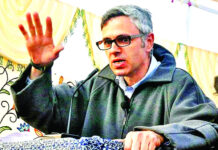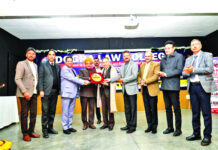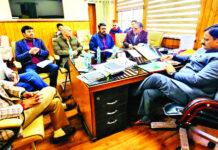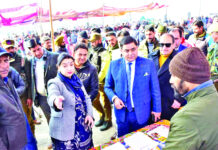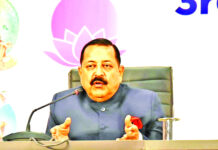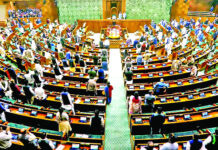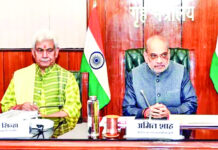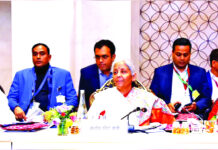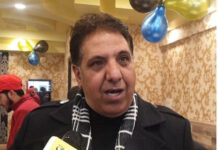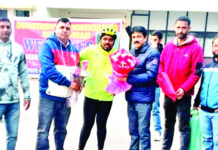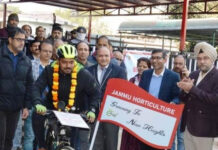What if you were blessed with the power to gift a life? You would probably say that you couldn’t play God. Yet the easiest way to build good karma, according to all world religions, would be sparing a bit of your body part to revive the suffering, by becoming an organ donor. But in India, awareness of organ donation in death, the fact that healthy organs harvested within a certain window after flatlining can save up to seven lives, is drastically low. Even when existent, it collides with our age-old ritualistic thinking that such a move would amount to humiliating and dismembering the dead. Particularly with regard to cases of brain death, where a person is irretrievably non-functional, though he may be kept alive on a ventilator for some days or weeks, and has been tested thoroughly before being declared as such. Yet India is rapidly climbing the charts of transplant requirements what with the nation topping diabetes, kidney ailments, liver diseases and cardio-vascular cases. If National Health Portal figures are anything to go by, then 500,000 people die due to non-availability of organs. The deceased organ donor rate in India stands at around 0.34 per million, significantly lower than most developed countries. And while there are live donors, cadaver donors could help in meeting the glaring gap between demand and supply and stop malpractices in the organ swap trade. So no matter what the celebrity endorsements or donor pledges, they mean little in a country where even if a person is brain dead and has pledged organs for donation, the final decision rests with the family. They have the power to overrule his/her decision. Even the wishes of those with donor cards do not mean anything if his/her family disputes the consent for organ removal. So what’s going wrong in our awareness-building mechanism? The major impediment is building a societal awareness of organ donation as a meaningful legacy practice rather than appealing to individual sensibility. There should be an institutional model for disseminating knowledge. Besides, in a healthcare system that is skewed unfairly towards the privileged and against the dispossessed, any high-sounding invocation to good deed seems patronising and exploitative at the time of death rather than well-intentioned. Second, there have to be clearer laws as there is fear that organs will be removed from those who could have been potentially saved. There’s a law that allows hospital intensive care units (ICU) to identify potentially brain-dead patients who can be organ givers and discuss with their families the possibility of donation. But there has to be a chain of transplant coordinators and volunteers who can link the recipient to the family of the dead and close the trust and faith deficit. Third, procedural bureaucracy should be empathetic and not intrusive to facilitate organ retrieval from the dead. In the West, while applying for a driving licence, one can pledge one’s organs for donation. Some even have an “opt out” system should there be reservations. We could look at this, too.
Even living donors have to battle myths of biases. A recent report has shown that when it comes to protecting productive human capital, the donors are mostly women, particularly in lesser privileged households — wife, mother and mother-in-law. The supposition is that women can be compromised for the sake of a bread-winner male, not because she is of a stronger constitution. This then is an arduous climb, one that demands breakthrough examples every day. The luxury of remembering a day dedicated to donors is for another day.

